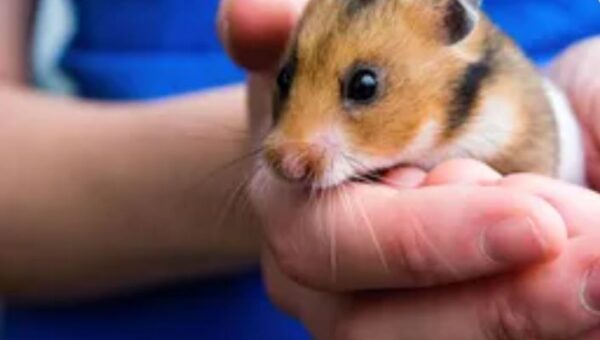Lifestyle
5 benefits of pets for a child’s development

Ask anyone who grew up with a pet about their memories of the experience and they will tell you heartfelt stories of true friendship, happiness and untainted love.
Pets mean so much to children and writers of children’s books know how to take advantage of this to make millions in book sales.
Research recommends that you get pets, not for show or humanitarian reasons, but because they can be useful for your child’s development.
If you take proper care of your pets, they can have positive effects on your child. Read on to find out how pets can benefit your child’s development.
1. Develop your child’s social skills
Your pet can help your child improve their social skills, such as self-esteem and self-confidence. A review found that a child who grows up with pets is less lonely and has better social skills because they value the companionship of the pets.
Pets with the highest form of interaction and reciprocation, for instance, cats and dogs, have the most significant impact on your child’s development.
Pets offer your child an outlet to talk to and confide. Your child will be confident that the pet will keep their secrets. Pets will also be the gateway to practice their social skills.
For pets to have the best impact on your child’s social skills, expose your child to them when they are under the age of six or slightly over the age of 10.
2. Teach them responsibility
Experience is the best teacher. If you own a pet, it can teach your child how to be more responsible. You need to take care of pets, and you need to get your child to help.
You can assign simple tasks to your child like, brushing & cleaning pets, walking dogs, giving fresh water daily and feeding. Being responsible for a living pet will develop your child into a caring, sympathetic, committed, and responsible person.
3. Improve your child’s health
It sounds incredible, but pets can improve your child’s development by improving their health.
Yes, it is a myth that pets cause allergies. In the same way that vaccines work, exposing your child to pets early in their lives, builds their immunity to allergies. Another benefit of being around pets is it reduces your child’s chances of being obese.
Studies have found that pets can help reduce your child’s stress. Stress can affect your child’s mental and biological process, which negatively affects their long-term development. Pets can be a close companion to your child and lift their spirits when they are down. Pets are an excellent way to solve your child’s stress issues.
4. Improves their learning abilities
For years, schools for children with reading disabilities have used dogs as reading therapy tools.
A dog can be a non-judgmental, attentive audience, and reading companion to your child. The dog’s career only steps in to assist if the child has difficulties. The program has been very successful in improving reading skills.
The system works because dogs have a calming effect on a child. Your child’s brain produces oxytocin, which calms and relaxes their nervous system, leading to improved learning abilities.
5. Teaches them patience
Once your child learns that training pets take time, repetition, and patience, they will learn to be more patient with other humans.
Pets can help in your child’s development by teaching them to be responsible, enhances their social development, and teaches them to be patient. Pets can also improve their long-term health and learning abilities. Be sure to take proper care of the pets because treating pets carelessly is unhealthy for all family members.










